22-26 September 2025
FH Awareness Day: September 24
Join us for EAS FH Week 2025!
Familial Hypercholesterolaemia (FH) is underdiagnosed, undertreated—and urgent to address. During FH Week 2025, we aim to shine a spotlight on FH, raising awareness among the general public, healthcare professionals, and policy-makers alike. Our message is clear: managing FH requires shared responsibility and strong collaboration.
Be part of the movement! Follow us on social media and help amplify the message by sharing FH-related content within your network. Don’t forget to use the hashtags:
#FHWeek, #FindFH, #FHAware, and #FHAware2025
FHSC: A decade of collaboration, innovation, and impact in FH care
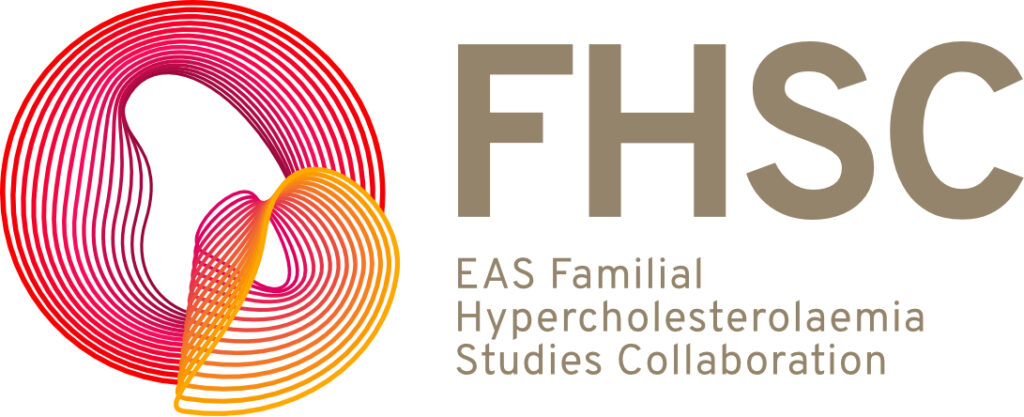
Since its launch in 2015, the EAS Familial Hypercholesterolaemia Studies Collaboration (FHSC) has grown into a truly global force, driving progress in the understanding and care of FH. What began as a small initiative has evolved into a powerful international network spanning 76 countries and 92 National Lead Investigators, with data collected on over 80,000 individuals living with FH.
This decade-long collaboration now stands as one of the largest and most impactful global efforts in cardiovascular research. The FHSC’s findings have shaped clinical perspectives worldwide, with high-impact publications featured in leading journals such as Atherosclerosis, The Lancet, The Lancet Diabetes & Endocrinology, and the European Heart Journal.
Over the years, the FHSC has delivered landmark insights and research milestones—pushing the boundaries of what we know about FH and transforming how we manage it globally.
Key research milestones include:
- The initial “call to arms” establishing the need for global FH research (Atherosclerosis, 2015)
- Documentation of the collaboration’s rationale and design (Atheroscl . Suppl., 2016)
- Comprehensive overview of FH care across 60+ countries (Atherosclerosis, 2018)
- Global perspective on FH in adults (Lancet, 2021)
- Characterisation of FH in children and adolescents (Lancet, 2024)
- Association between BMI, LLM, age and diabetes in FH patients (The Lancet Diabetes & Endocrinology, 2024)
- Analysis of overweight, obesity and CVD in FH (European Heart Journal, 2025)
- To all FHSC Publications >
The collaboration helped shape The Prague Declaration for Paediatric FH Screening, which was subsequently recognised for its excellence through inclusion in the European Union’s Best Practices Portal for Non-Communicable Disease (NCD) prevention (you can access and endorse the declaration here).
Read more about the EAS-FHSC objectives and structure >
Driving change, country by country: How the FHSC supports national action
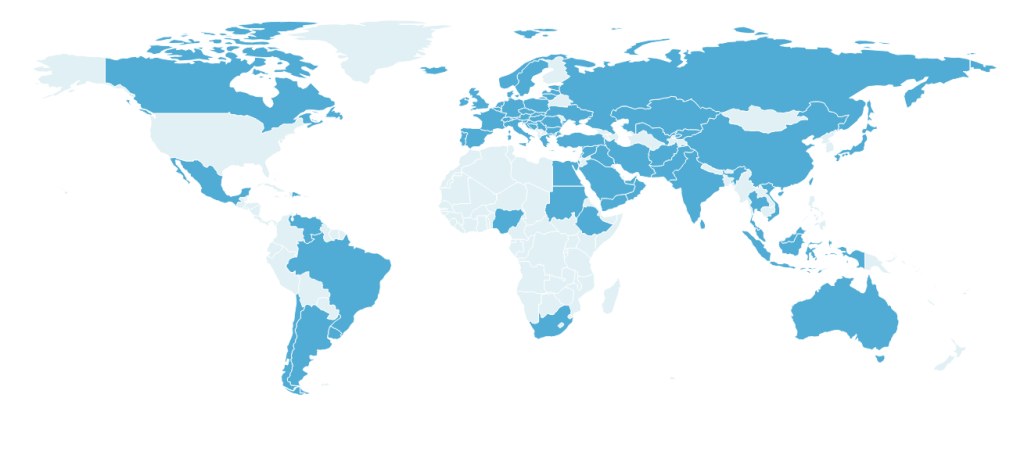
At the heart of the EAS FHSC is a strong commitment to empowering national coordinating centers. By supporting the implementation of locally tailored treatment strategies, the FHSC helps countries address their unique healthcare needs—working together to reduce the global burden of familial hypercholesterolaemia (FH).
Each year, we share updates and new insights from these national efforts, showcasing how global collaboration leads to meaningful, local impact.
During FH Week 2025, we’re proud to highlight the success stories, innovative approaches, and published findings that have emerged from these initiatives.
Discover how countries are making a difference in FH care:
Global network & registry: get involved
Do you have an interest in FH, collect clinical and/or genetic FH data and are keen to contribute to the EAS FHSC Global Registry (CT.gov Identifier: NCT04272697)?
If so, we would like to hear from you! For enquires contact:
info@eas-fhsc.org
FHSC Coordinating Centre provides a free essential web-based resource exclusive to FHSC Investigators and their local teams to support entering and managing local-level data, and sharing data with the FHSC Global Registry. Ask the Coordinating Centre for more details.
FH in focus: Key publications from 2025
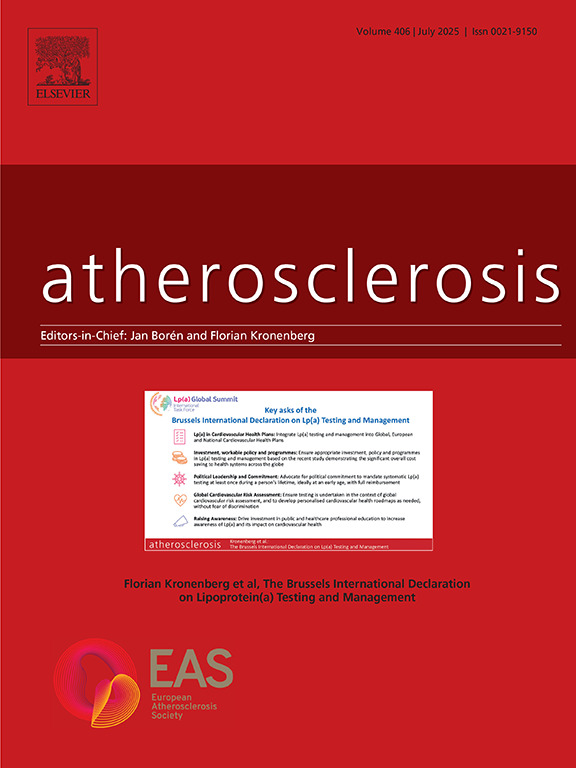
Dive into a curated selection of FH-related publications from the Atherosclerosis and Atherosclerosis Plus journals, showcasing the most recent research, expert perspectives, and widely read articles.
Compilation of articles from Atherosclerosis >
Compilation of articles from Atherosclerosis Plus >
Watch FH-related lectures from the EAS Congress 2025

Many aspects of FH are an important area of discussion for our scientific community. We have collected FH-related lectures from our latest congresses, especially from EAS Congress 2025.
Lectures related to FH from the EAS Congress >
EAS at the European Parliament
We are proud to share that EAS President, Prof. Børge Nordestgaard, will speak at the European Parliament on 25 September 2025 at the high-level meeting titled Cardiovascular Prevention as the Cornerstone of a Competitive Europe, Scaling Up Lipid Screening to Secure Next Generations hosted by MEP Romana Jerković and and MEP Tomislav Sokol.
The programme will include:
- A Tale of Two Declarations: Proof of Policy Impact – Prof. Børge Nordestgaard (Denmark) alongside Prof. Albert Wiegman (Netherlands) & Prof. Florian Kronenberg (Austria, online)
How the Prague Declaration (FH paediatric screening) and Brussels International Declaration (Lp(a) testing), as part of integrated care, demonstrate that patient-led advocacy can create real momentum.
Hidden in plain sight: The silent risk of Lp(a)
More than 1.4 billion people live with elevated lipoprotein(a) – a major inherited risk factor for heart disease – yet only 1–2% are tested. The Brussels Declaration on Lp(a), co-developed by global experts and policymakers, calls for urgent, coordinated action: testing, awareness, and better care.
Be loud! Endorse the declaration
Endorse the Brussels International Declaration >
Webinar: FH – Current status worldwide and how can implementation science help us improve
Join us for a special IAS/EAS joint session in recognition of FH Awareness Week. This webinar features the recorded session from EAS 2025 in Glasgow, highlighting key insights into FH diagnosis, treatment, and global strategies.
FH Europe Foundation, HoFH Patient Ambassador, Marwa Sadik will also share their perspective on family planning and take part in the live panel discussion.
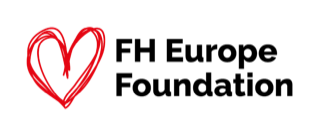
To enhance the experience, Professors Kirsten Holven and Gerald Watts will join live for an interactive Q&A, moderated by session chair Professor Marianne Benn.
Programme:
- FH and implementation science (including IAS FH Guidance document), by Prof Gerald Watts, Australia
- Family planning in FH: practical guidance by Prof Kirsten B. Holven, Norway
- Patient perspective, Marwa Sadik, FH Europe Foundation
- Chaired by Prof Marianne Benn, Denmark
On-demand:
Launch of the EAS Paediatric Lipid Working Group
We are proud to announce that EAS has now officially established a Paediatric Lipid Working Group, dedicated to advancing care, education, and awareness for children and young people living with inherited lipid disorders.
This group builds on the success of the annual Paediatric FH Workshop and will focus on supporting early detection, international collaboration, and clinical best practice.
Read more about the group, its mission, and members here >
A special episode of AtheroTalk for FH Week 2025
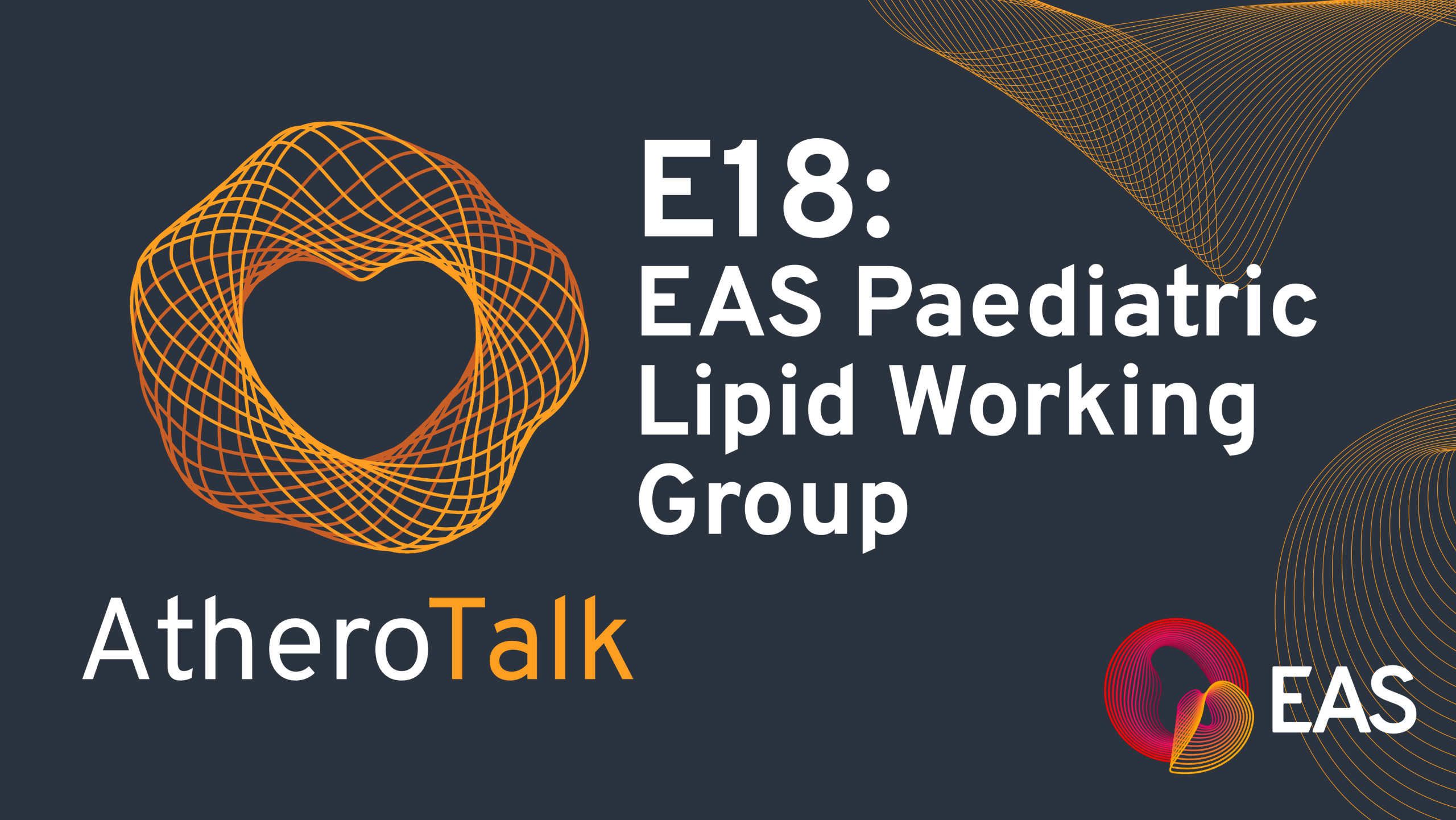
Tune in to this special FH Awareness Week episode of our podcast featuring Prof. Steve Humphries. In this conversation, he shares valuable insights into familial hypercholesterolaemia (FH) and introduces the newly established EAS Paediatric Lipid Working Group. He highlights the importance of early detection, collaboration, and awareness to improve care and outcomes for children living with inherited lipid disorders.
Recent publications from the EAS on FH
Overweight, obesity, and cardiovascular disease in heterozygous familial hypercholesterolaemia: the EAS FH Studies Collaboration registry

Overweight and obesity are common in patients with HeFH and contribute to ASCVD risk from childhood, independent of LDL-C and lipid-lowering medication. Sustained body weight management is needed to reduce the risk of ASCVD in HeFH.
Obesity in patients with familial hypercholesterolaemia globally
The EAS FHSC Investigators at the FHSC Coordinating Centre at Imperial College London present their article titled: Overweight, obesity, and cardiovascular disease in heterozygous familial hypercholesterolaemia: the EAS FH Studies Collaboration registry that was published in the European Heart Journal.
This study asks: how frequent is obesity in patients with FH globally, and does it affect their risk of cardiovascular disease?
Association of BMI, lipid-lowering medication, and age with prevalence of type 2 diabetes in adults with heterozygous familial hypercholesterolaemia: a worldwide cross-sectional study

The FHSC Investigators, led by the FHSC Coordinating Centre at Imperial College London, present an article titled Association of BMI, lipid-lowering medication, and age with prevalence of type 2 diabetes in adults with heterozygous familial hypercholesterolaemia: a worldwide cross-sectional study that was published this month in Lancet Diabetes and Endocrinology.
Debunking the myth: familial hypercholesterolaemia does not protect against diabetes
The FHSC Investigators, led by the FHSC Coordinating Centre at Imperial College London, present an article titled Association of BMI, lipid-lowering medication, and age with prevalence of type 2 diabetes in adults with heterozygous familial hypercholesterolaemia: a worldwide cross-sectional study that was published this month in Lancet Diabetes and Endocrinology.
Familial hypercholesterolaemia (FH), a genetic defect in cholesterol uptake, leads to a deficiency in LDL receptors, limiting cholesterol uptake in tissues like the pancreas, which was thought to prevent pancreatic lipotoxicity — a contributing factor to diabetes. And a relatively low diabetes prevalence has been reported in some FH cohorts.
The EAS Lipid Clinic Network (LCN)
Working together to address challenges in management of lipid disorders in European countries. The LCN will provide a structure to establish uniform EU-wide standards of diagnosis, management and treatment of patients with lipid disorders, based on the ESC/EAS Guidelines on management of dyslipidaemias.
Read more about the EAS Lipid Clinic Network (LCN) >
New launch for FH Awareness Week: Rare Lipid Disorder online course
We are proud to launch the first online version of the Rare Lipid Disorder Course as part of FH Awareness Week 2025!
This self-paced, multilingual course is designed to improve global access to expert knowledge on rare lipid disorders, building on successful live courses.
Key features:
- Content delivered in English.
- Developed from previous in-person courses led by international experts.
- Includes multiple-choice questions (MCQs) after each lecture.
- Participants who complete all lectures and answer all MCQs correctly will receive a certificate of completion.
Why it matters:
By making this course available online, we aim to expand education and awareness of rare lipid disorders, supporting healthcare professionals worldwide in diagnosing and managing these often-overlooked conditions.
Join us on Social Media
Follow us on social media and help connect and disseminate the FH-related information within your network using #FHWeek, #FindFH, #FHAware & #FHAware2025. During FH Week, FH-related information is published daily in our social media channels.
LinkedIn: European Atherosclerosis Society
X: EAS Society
Facebook: European Atherosclerosis Society (EAS) & Congress
Instagram: European Atherosclerosis Society